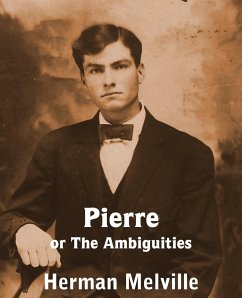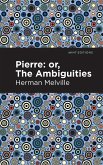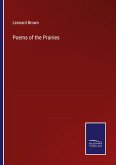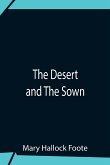Pierre; or, The Ambiguities tells the story of Pierre Glendinning Jr., the 19-year-old heir of the manor at Saddle Meadows in New York. Pierre is engaged to Lucy Tartan in a match approved by his domineering mother, who controls the estate adter the death of his father. He encounters the dark and mysterious Isabel Banford discovering that she is the illegitimate and orphaned child of his father and a European refugee. Pierre devises a scheme to preserve his father's name, spare his mother's grief, and give Isabel her proper share of the estate. Herman Melville was an American writer of novels, short stories and poetry. Melville was a schoolteacher for a short time and a seaman. On his first voyage he jumped ship in the Marquesas Islands. His first book, Typee, was an account of that time and became a bestseller and Melville became known as the "man who lived among the cannibals." Public indifference to Moby-Dick put an end to his career as a popular author. It was not until the "Melville Revival" in the early 20th century that his work won recognition.









